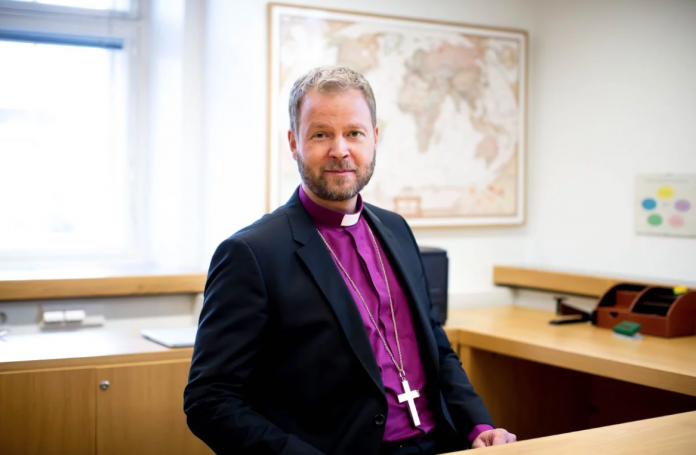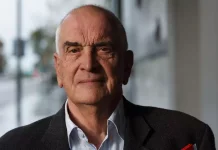The Bishop of Helsinki has announced he has authorized his clergy to perform same-sex marriages. The statement by the Rt. Rev. Teemu Laajasalo comes a week before the Evangelical Lutheran Church of Finland gathers in synod to debate a church wide policy on same-sex marriage.
In May 2018 the church synod asked the bishops to initiate a dialogue on a church response to same-sex marriage. A paper presented to the bishops on 6 Aug 2020 said the church was not of one mind on the issue — with some dioceses unalterably opposed and others already offering unofficial same-sex blessings.
The bishop’s paper put forward a variety of options for the synod’s consideration, but concluded “ff unity is to be secured, there is only one option for resolving a dispute over the view of marriage: to accept the disagreement.”
In his letter to his diocese, Bishop Laajasalo said: “The issue of marriage can break up the church.” But the bishops were likely to support a compromise, where marriage would be defined as being between one man and one woman, but would also provide a local option for dioceses to expand the definition to include same-sex couples.
He noted the “ambiguity of the legal situation” in relation to civil marriage laws meant that individual parishes in the diocese had already solemnized same-sex marriages. The diocese had declined to sanction priests who had married same-sex couples.
The bishop said he hoped the national church would adopt the Helsinki model and give parish clergy the local option to perform same-sex marriages.
“I see – and I hope that the Church Assembly will see in the next few years – that this model of reconciliation or reconciled difference is ultimately the one that will resolve the issue of marriage,” he wrote.
“The issue is theologically significant, and the difficulty of diverse issues should not be underestimated. However, the issue of marriage is not something that should break up the church. Unity becomes real when different practices are allowed to materialize in tandem. Church-political power relations may vary and Church teaching may change,” he noted.










